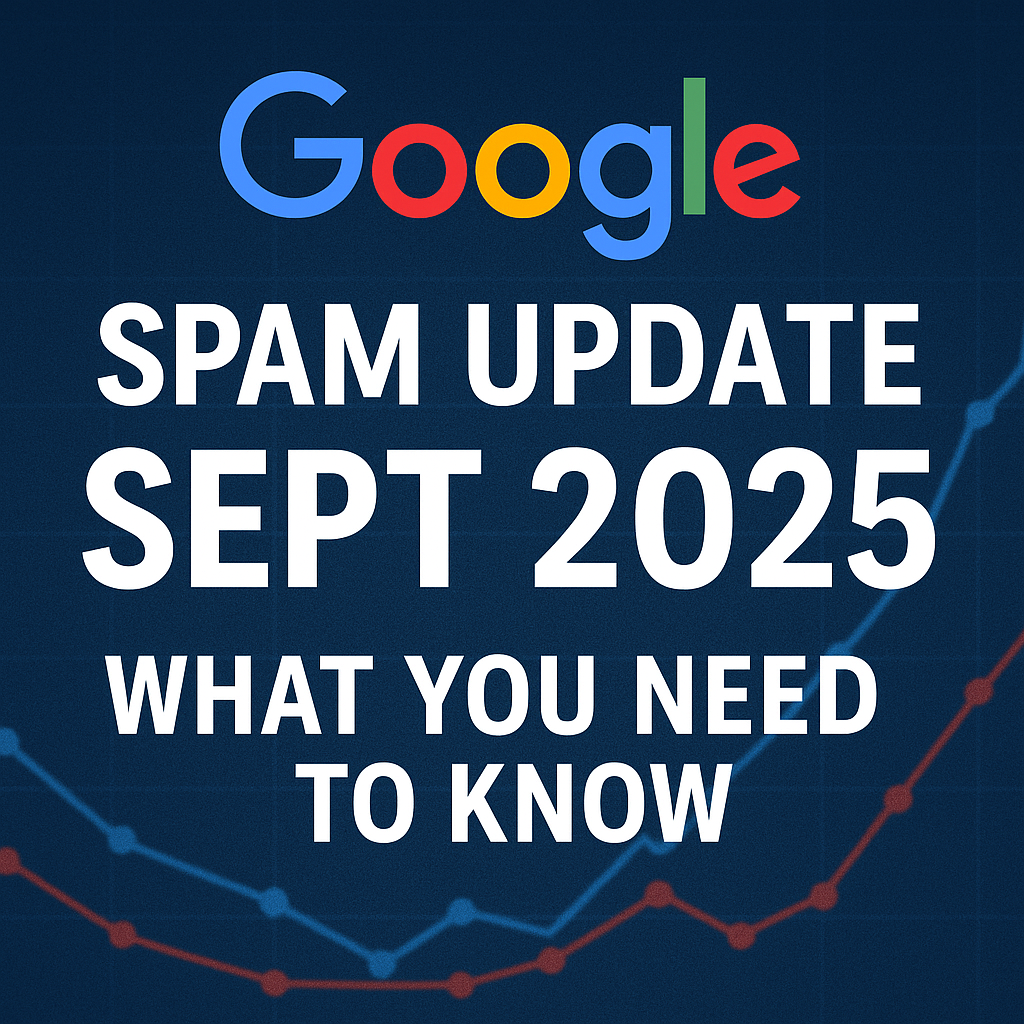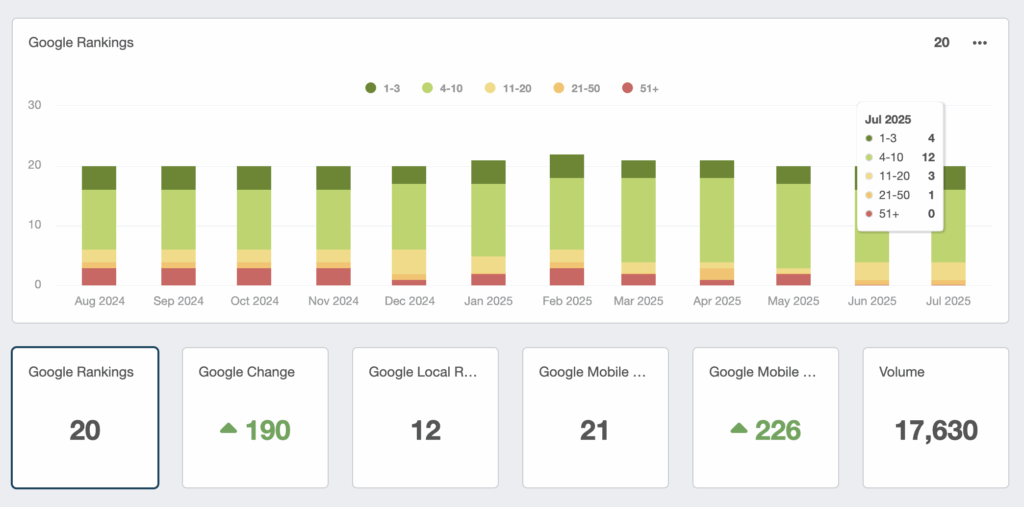Google’s Recent Updates: Why Rankings Dropped & How to Respond (Sept 2025)

If your site rankings have slipped over the past few weeks, you’re not alone. Many businesses (including several of our Leeds and UK-wide clients) have seen noticeable changes. Below we outline what’s happened, a timeline of confirmed updates, and practical steps you can take right now. 📅 Timeline of Key Google Changes (Aug–Sept 2025) Date […]
Case Study: How Deepblue Digital Boosted DARE Studios’ Google Rankings by 190 Positions

At Deepblue Digital, we’re passionate about helping creative businesses like DARE Studios grow their digital footprint — and the results speak for themselves. Over just 10 months, we helped DARE achieve a +190 position increase across key search terms on Google. From studio hire to ecommerce photography, our strategy transformed their online visibility and search […]
New Web Design Parties for My Princess

Website Reskin and SEO Strategy for Leeds-Based Party Business Deepblue Digital, experts in Web Design, Web Build, and Digital Marketing, recently completed a full website reskin and functionality update for one of our valued clients, Hayley, the founder of Parties for My Princess. Based in Leeds, Hayley runs a fast-growing children’s entertainment business, offering princesses, […]
COVID 19 – SELF ISOLATION BUSINESS BATTLE PLAN
Covid 19 Self Isolation Business Battle Plan
